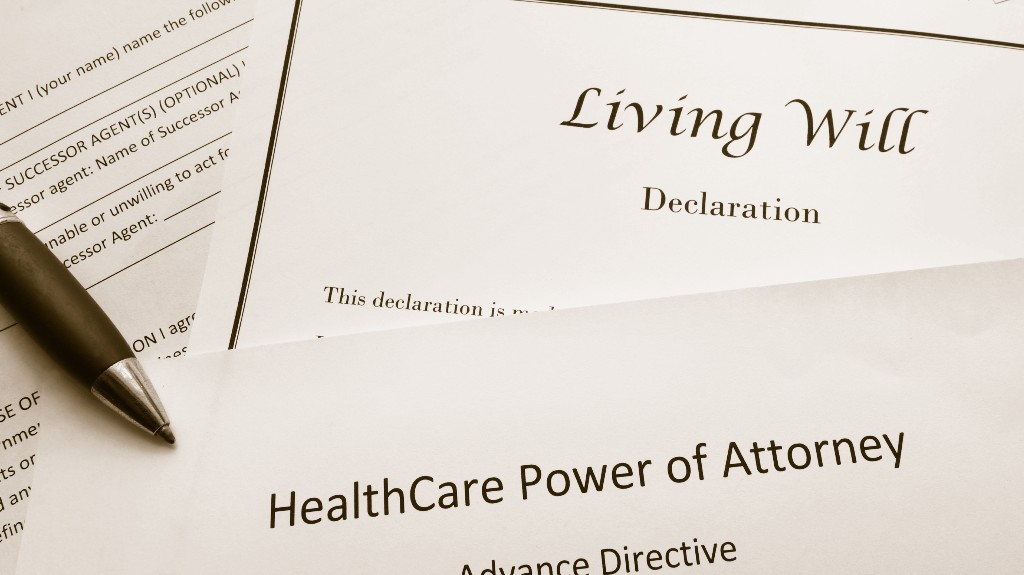Most adults are able to make their own healthcare decisions, based on their goals, values, and beliefs. However, there may come a time when you can’t make medical decisions for yourself – potentially causing stress among your family members about what health decisions you would prefer.
For example, say you have a stroke, rendering you unconscious. Who should make health decisions on your behalf since you can’t? Or, say you’re in a severe car accident, resulting in a coma. You’re not expected to live more than a few weeks. Who will make end-of-life decisions on your behalf?

In these cases, it’s best to be prepared for these possibilities while you have the capacity to make these decisions. Most states allow you to make these decisions through legal documents called “advanced directives.”
Keep reading to learn more about the three types of advance directives in Louisiana: healthcare powers of attorney, living wills, and an advanced medical directive, which is a combination of a healthcare power of attorney and a living will.
What Is a Healthcare Power of Attorney?
A healthcare power of attorney is a legal document authorizing another person to make healthcare decisions for you if you’re unable to do so yourself. This document must be signed by you when you’re legally competent – meaning you have the mental capacity to make decisions.
What Is a Living Will?
A living will is another type of legal document that specifies what medical treatment you would want (or don’t want) to keep you alive, such as a DNR order, pain management, artificial hydration or nutrition (such as a feeding tube), or organ donation.
So, how is a living will different from a healthcare power of attorney?
A living will is more limited in that it only applies if you’re unable to communicate your medical wishes. A healthcare power of attorney, on the other hand, applies to both end-of-life medical decisions as well as other areas of medical care (such as unexpected medical situations resulting from a car accident).
What Is an Advanced Medical Directive?
An advanced medical directive combines a healthcare power of attorney and a living will, giving your parents’ medical team a full set of their wishes legally governing their care if they are unable to do so.
For example, your advanced directive gives medical and religious instructions for end-of-life care. However, it also provides directions for your non-end-of-life care, such as during a stroke or coma.
To learn more about how to care for your aging Louisiana parents, contact a qualified Louisiana elder law attorney today.
Why Retain Losavio & DeJean, LLC?
At Losavio & DeJean, LLC, we provide clients with specialized, experienced, compassionate legal services, and we have deep knowledge and experience in elder law. Our Baton Rouge estate planning lawyers have provided dedicated, knowledgeable legal services since 1976, and we can put our experience to work for you, too.
We can help you select someone to make healthcare, medical, and financial decisions for you and make recommendations regarding other estate planning services that might be beneficial to you. We know that talking about end-of-life issues can be emotionally painful. At Losavio & DeJean, LLC, we are committed to providing empathetic and compassionate legal counsel. When you work with us, your needs come first.
Contact us today to learn more.

